What Can You Compost? (The Ultimate List of Composting Ingredients)
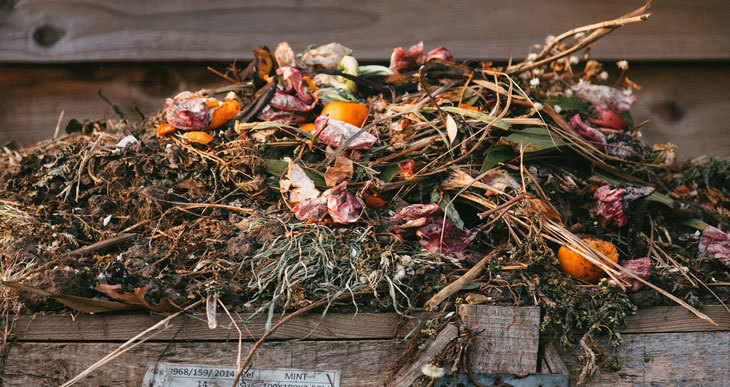
If it’s organic, it will eventually rot!
When I first started composting, I was endlessly questioning whether something could be thrown in the compost bin.
The list seems endless 🙂
If you’ve been scratching your head about what you can compost. In that case, this extensive list of composting ingredients will point you in the right direction.
It will help you figure out what things are good and what you should avoid.
And there are even a few “maybes” in there!
What can you put in a compost bin?
As you probably know, composting ingredients fall mainly into two categories:
- Greens
- Browns
Greens are wet and full of nitrogen. Browns are dry and rich in carbon.
But often, that’s not enough to identify the composting possibilities of all organic matter.
Take coffee grounds, for example! They’re brown in color and dry when you put them in the machine but wet when you’ve made your morning cuppa! And somewhat surprisingly, coffee grounds are actually a “green” composting ingredient (they are chock-full of nitrogen).
Below is a list of some of the most frequently asked questions about whether items can be composted.
I hope it helps answer your questions too!
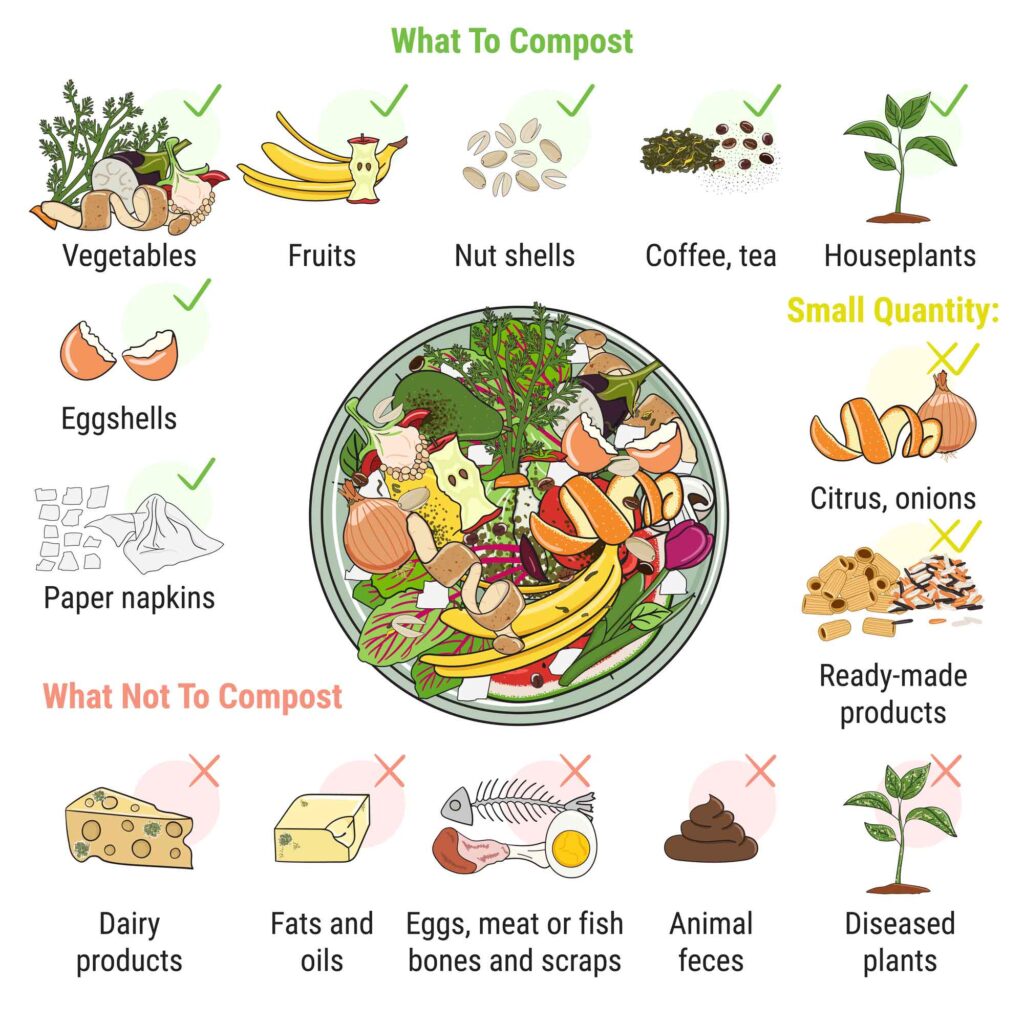
(By the way, the list is alphabetic)
Here’s the Ultimate List of Composting Ingredients:
Can you compost ashes?
There’s a lot of debate on whether ashes can be composted.
The truth is, it depends on the type of ashes and what was burned in the fire.
Wood ashes are safe to add to your compost pile as long as they’re from untreated wood (They are a valuable source of potassium).
However, you should avoid adding coal ash or ashes from burned trash, as these can contain harmful chemicals.
If you’re unsure, it’s always best to err on the side of caution and add ashes to your compost bin only in small amounts.
related: a complete guide to composting ashes.
Can you compost avocado?
Yes! Avocados are a great source of nitrogen for your compost pile.
But what about avocado stones? Technically they are biodegradable, although these take much longer to break down. So they will probably remain visible after the other materials have decomposed.
Just throw them back in.
One word of warning – they can sprout and turn into plants!
Can I compost banana peels?
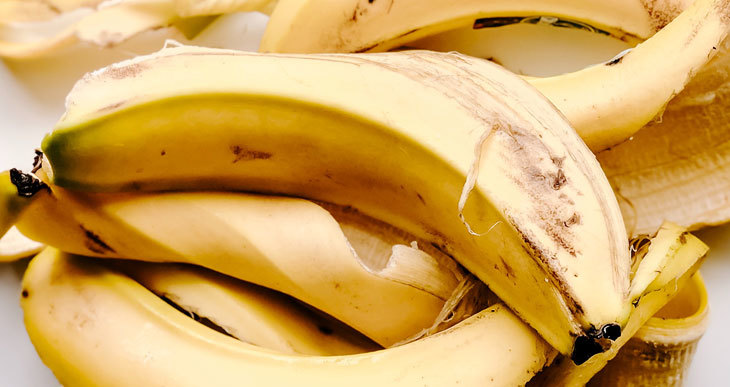
Banana peels are definitely a “green”! They’re wet and full of potassium.
Plus, they’re easy to add to the compost bin – just peel and toss!
Although your results will be much faster if you chop them up before adding them to compost.
Can you compost bones?
This is a tricky one. Small bones will eventually break down, but it will take a very long time (years!).
And large bones will probably never decompose.
So it’s best to avoid adding bones to your compost pile.
Can I compost bread?
Bread can be added to your compost pile, but it will break down more quickly if you tear it into small pieces first.
And if you have a lot of bread, it’s best to add it in small amounts so that it doesn’t attract rats or other pests.
Can you compost cardboard?
Yes! Cardboard is a great “brown” for your compost pile.
However, make sure it is “brown” and not “white.” White card and paper are bleached and contain toxins (not suitable for composting microbes).
Also, make sure to shred it into small pieces to help it break down.
Cardboard can be more challenging to shred than ordinary paper products. Use a shredder like this one to get the job done properly! (Amazon).
Can I compost cat litter?
No. Used cat litter can contain harmful bacteria and parasites that you don’t want in your compost bin. This is especially important if you use your compost on food crops because pathogens can be transferred into the food chain.
Can I compost cooked food?
Cooked food can be added to your compost pile, but it will attract animals if you add too much at once.
When you add food scraps, mix them with other ingredients and bury them deeper in the pile. A compost tumbler makes composting food easier because it helps keep away pests.
Can I compost citrus?
Yes! Citrus peels are a great “green” for your compost pile.
They’re full of citric acid, which is excellent for breaking down organic matter.
However, they can turn compost acidic if you put a lot in your compost pile. Also, they tend to break down more slowly than other types of fruit, and the seeds can germinate in your compost.
Use sparingly and cut them up into small chunks.
Can I compost coffee filters?
Coffee filters can be composted. If you compost used coffee filters, you’ll get a mix of green and brown material.
Coffee filters are made of paper, which is a “brown” for composting. But they’re also full of coffee grounds, which are “green.”
Just make sure to rip them into small pieces before adding them to your compost pile.
Can I compost coffee grounds?
Yes, coffee grounds are a great “green” for your compost pile.
They’re full of nitrogen, which helps break down organic matter. In addition, coffee grounds are often used as a compost accelerator when composting slows down.
It is sometimes claimed that too many coffee grounds can cause the compost to become acidic, yet some research states otherwise.
Make sure you add them as part of a well-balanced mixture of other compost materials.
Can I compost corn cobs?
Yes, corn cobs can be composted. They’re a good source of “brown” material for your compost pile.
However, they take a long time to break down – up to two years! Corn cobs are one of the most stubborn things to compost.
So if you want to compost them, make sure to chop them up into small pieces first.
Can I compost corn husks?
Yes, corn husks are a great “green” for your compost pile.
They’re full of cellulose, but they are also very hard to rot. And you really need to shred husks if adding them to compost. A good shredder will pulverize them enough so that they will decompose quickly. (Amazon)
Make sure to chop them up into small pieces before adding them to your compost bin.
Are dairy products compostable?
Dairy products (milk, cheese, yogurt, etc.) are biodegradable, and they could attract animals if included in compost.
Dairy is very high in fat and moisture and has very little “structure.” Fat can potentially slow down the composting process.
For this reason, I prefer to avoid composting dairy.
But if you do, it’s best to add small amounts of dairy and mix them with other fibrous materials.
related: composting dairy products
Can I compost dog poop?
No, dog poop cannot be composted in a home compost bin.
It contains harmful bacteria and parasites that you don’t want in your compost bin.
Most compost bins will not achieve the required temperatures to completely destroy the harmful bacteria.
If you need to compost dog poop, it’s best to use a special compost bin designed explicitly for this purpose.
For example, the Doggie Dooley system is one of the most popular models. (Amazon)
Can I compost dryer lint?
Yes, dryer lint can be composted. It’s a source of “brown” material for your compost pile.
Dryer lint is mainly made up of cotton and other plant fibers. These materials are easy to decompose. But they have no structure, so they need to be mixed with other compost materials.
To compost dryer lint, just add it to your compost bin in small amounts. Then, mix it with other “brown” materials like leaves and twigs.
Can you compost eggs?
Eggs will decompose anaerobically (in the absence of oxygen). This is a problem for garden composting because the by-products of anaerobic decomposition are harmful to plants.
Also, as they break down, they start to stink! As well as attracting pests.
Avoid putting whole eggs in your compost.
But the shells themselves can be helpful…
Can you compost eggshells?
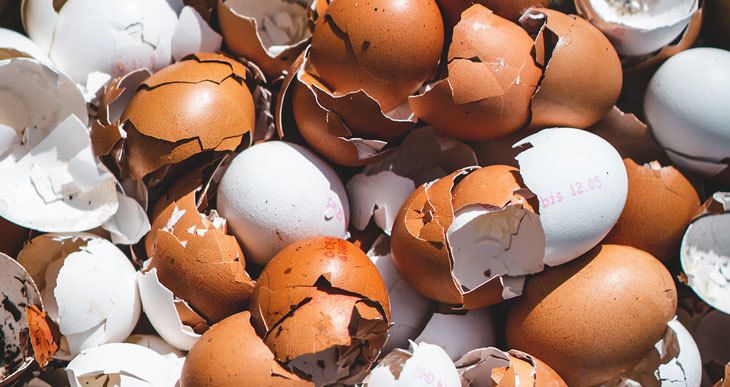
Eggshells are rich in calcium carbonate. They are a valuable amendment to your compost pile and will add calcium to your soil.
Although your results will be much faster if you crush them up finely before adding them to compost. Otherwise, they remain visible in your pile for a long time.
Can I compost egg cartons?
Yes, egg cartons can be composted. They are made from paper and will decompose quickly in a compost bin.
You should shred them up into small pieces like any paper-based material first. Egg cartons will add useful structure to the pile when you can’t find another good source of coarse “browns.”
Can I compost fish?
No, you should not compost fish. Fish are high in nitrogen and can quickly build up anaerobic conditions in your compost bin, leading to harmful bacteria and odors.
Fish also attract pests.
Save your fish bones for the next time you make stock instead!
Can I compost grass clippings?

Yes, grass clippings are a good “green” for your compost pile.
Grass is rich in nitrogen, and it’s easy to decompose.
The problem with grass clippings is that they can quickly mat down and form a clump. This will prevent air from circulating in a pile and slow down the decomposition process.
For this reason, it’s best to mix grass clippings with other “brown” materials like leaves and twigs. This will help to aerate the pile and speed up decomposition.
Follow this link for a complete guide on how to compost grass clippings.
Can I compost hair?
Yes, human hair and pet fur can be composted. Hairs are good sources of “green” material for your compost pile.
Hair is made up of keratin, a protein that is easy to decompose.
When composting hair, it’s best to add it in small amounts. And mix it with other “green” materials like kitchen scraps. This will help to balance out the nitrogen content of the pile.
Can you compost meat?
Meat is definitely a “no-no” for composting.
You should not compost meat. Meat is high in nitrogen and can quickly turn anaerobic in your compost bin, leading to harmful bacteria and odors.
Meat also attracts pests.
Only in specific situations can you successfully compost meat.
Save your meat scraps for the next time you make stock instead!
Are mushrooms compostable?
Yes, mushrooms can be composted. They are a good source of “brown” material for your compost pile.
Mushrooms are made up of cellulose and lignin, which are easy to decompose.
Be careful when composting cooked mushrooms, as they can release a lot of moisture. Also, if cooked with fat, this can slow down decomposition.
It’s best to add raw mushrooms to your compost bin.
Can I compost nutshells?
Yes, nutshells can be composted. They are a carbon-rich material and contain essential minerals. But they are tough to break down.
You can add them and then simply recycle them. Then, each time you harvest the compost, throw them back in the pile.
On the other hand, peanut shells break down quickly and easily and contribute plenty of nitrogen.
Can you compost newspaper?
Yes, newspaper is made from cellulose and is easy to decompose.
Newspapers will add carbon-rich material to your compost pile. And it helps to control moisture levels when you compost large amounts of wet “green” matter. And nowadays, most newspaper inks are vegetable-based, with no toxins.
Shredded newspaper before adding it to the pile. (Best shredder on Amazon)
Can oak leaves be composted?
Yes, oak leaves are beneficial for your compost pile. Fresh leaves are high in nutrients and water during the spring and summer, so they are considered “green.” Fallen leaves are regarded as “browns” and add valuable humus to compost.
Oak leaves are also slightly acidic, so your compost will have a lower pH if you compost large quantities.
The problem with composting oak leaves is that they can quickly mat down and form a clump. This will prevent airflow in a pile and can slow down the composting process. Chopping leaves reduces matting and speeds things up (up to 4 times faster!).
Can I compost orange peels?
Yes, orange peels and rinds can be composted. They are high in nitrogen and citric acid, which is beneficial for your compost pile. But they are one of the more complicated things to rot since they break down slowly.
Another downside to orange peels is that they can attract fruit flies. For this reason, it’s best to add them in moderation and mix them with other ingredients.
Chopping them up into fine pieces will help speed up decomposition.
Can you compost onions?
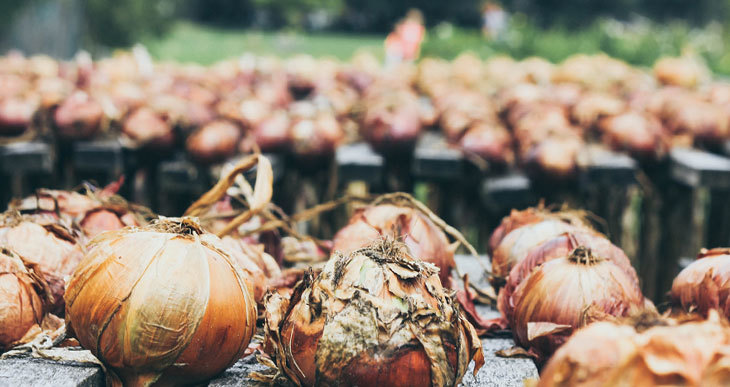
Yes, onions can be composted. They are a good source of nitrogen but are also quite acidic. Some gardeners argue that this affects the microorganisms in your compost.
But if you’re not adding large amounts, they will rot like any other organic matter.
Just be sure to chop them up. Otherwise, they can begin to sprout!
They also smell pretty strongly and may attract pests.
For this reason, you should bury them deep into your compost.
related: ways to compost onions
Can paper be composted?
Paper is made from cellulose, which is easy to decompose. It doesn’t add many nutrients, but it’s useful for adding structure to your compost pile.
You can compost paper towels, napkins, and uncoated paper. This includes newspaper and cardboard (shredded).
But avoid glossy or coated papers as these contain toxic compounds which are bad for composting microbes.
Also, avoid white papers which have been bleached with chlorine-based products. They contain harmful dioxins.
Can I compost paper bags?
Yes, paper bags can be composted. They are made from cellulose and will break down quickly. Just be sure to shred them first, as they can mat down and form a clump.
Be careful of the type of paper used for the bags (see the above rules for “paper”)
Can you compost pasta?
Yes, pasta is compostable. It is made from flour and will decompose quickly. Just be sure to chop it up into small pieces, so it doesn’t mat down.
But like all cooked foodstuff, they will attract vermin. However, plant-based foods like pasta present fewer problems than animal-based food.
Just be careful if the pasta includes a lot of fat. Fats and oils are rich in energy and degrade quickly. But too much oil can impede the action of the composting microorganism.
Add fatty foods sparingly.
Can I compost pineapple?
Yes, you can compost pineapple. It is high in nitrogen and breaks down quickly. But it can attract fruit flies, so it’s best to add it in moderation and cover it with a layer of other materials or even a few spadefuls of soil.
Pineapple also contains a lot of water, so it’s best to chop it up into small pieces before adding it to your compost pile.
related: composting pine needles
Can you compost pumpkin?
Yes, pumpkins are compostable. It’s a good source of nitrogen and breaks down fast. Just be sure to chop it up into small pieces before adding it to your compost pile.
But like all winter squashes, they can attract pests, so it’s best to bury them deep in a pile.
Can you compost pine needles?
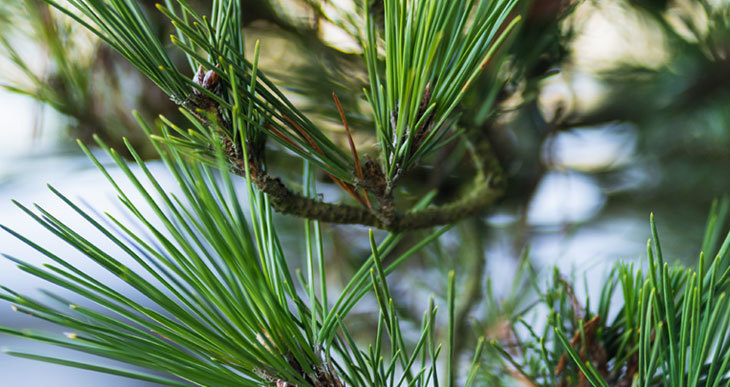
Yes, pine needles can be composted. They are a good source of nitrogen. But they are also acidic, so be careful with the quantity you add to compost.
They can also mat down and form a clump, so it’s best to mix them with more coarse ingredients.
Pine needles contain a resin that can inhibit the action of microorganisms, so it’s best to add them in moderation.
If you have a lot of pine needles, it’s best to compost them separately from other materials.
Can I compost potatoes?
Yes, potatoes are compostable. They are a good source of nitrogen and break down quickly. Put them underneath other materials to avoid attracting fruit flies, or sprinkle with soil to cover them up.
There’s little difference between cooked potatoes and potato peelings. Both can be composted, but both are a feast for mice and other vermin.
Can peppers be composted?
Yes, peppers are compostable. They are a good source of nitrogen and break down well. However, like all vegetables, they can attract vermin or flies, so it’s best to bury them deep in the pile. Peppers also contain a lot of water, so it’s best to chop them up and blend them with dryer material.
Can I compost rice
Rice is biodegradable. Raw rice will break down in a compost pile, although not many people would want to throw away rice like this!
Cooked rice tends to be moist and clumps together. This can make it challenging to compost unless you can break it up and dry it out before adding it to the pile.
Like all grains, rice can attract pests.
Can I compost salad?
Yes, salad is compostable. It’s a good source of nitrogen and breaks down easily.
Salad also contains a lot of water. Therefore, it’s best to chop it up into small pieces before adding it to your compost pile.
Can you compost rhubarb leaves?
Rhubarb leaves are high in potassium and break down slowly. But they add valuable nutrients to the compost pile.
It’s best to shred them before composting.
Can I compost tea bags?
Yes, paper tea bags can be composted. This is because they are made from cellulose and will break down quickly. But most modern teabags are made from a blend of paper and bioplastic. This means they will take longer to break down.
If you’re not sure, it’s best to check with the manufacturer. Some brands are starting to make compostable teabags, but they are not widely available.
Read my complete guide to composting tea bags for more details.
Can you compost tomato plants?
The stalks of tomatoes plants should be cut up to facilitate faster composting. Tomatoes themselves have a high moisture content so mix them up with some dry organic matter.
The only downside of composting tomatoes plants is the seeds in tomatoes might give rise to an occasional “surprise” tomato plant in your backyard!
Can I compost shredded paper?
Yes absolutely. In fact, this is the best way to compost paper. Shredded paper is perfect for composting because it breaks down quickly and adds structure to other “wet” materials.
If it isn’t, shredded paper can stick together in a big lump when it’s damp. This takes a long time to compost and reduces the benefits of composting paper.
Just be sure to avoid any paper that has been treated with chemicals or dyes. And avoid glossy magazines as they can take longer to break down and contain toxins.
Can I compost cooked vegetables?
Yes, cooked vegetables are compostable. They break down quickly and add valuable nutrients to the compost pile.
However, cooked vegetables also contain a lot of water, so it’s best to spread them out when adding them to the bin.
It might be better to avoid veggies with a lot of sauce or oil.
Can you compost weeds?
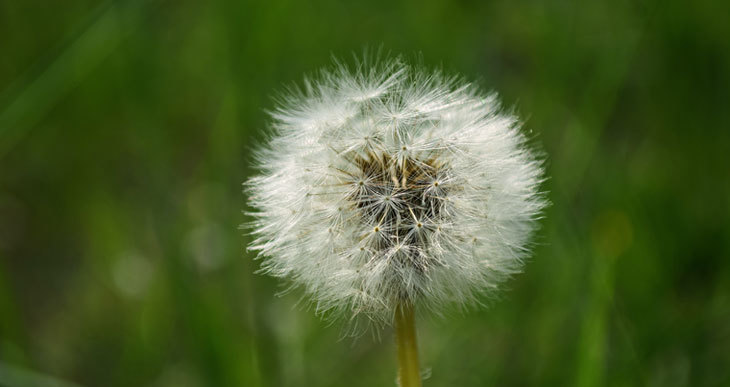
Weeds can be tricky to compost. Whether or not to add them depends on the type of weed and the stage of growth.
If the weed is in seed, it’s best to avoid adding it to the compost pile as it could spread.
The best time to compost weeds is when they are young and in the vegetative stage of growth. At this point, they will break down quickly and add valuable nutrients to the compost pile.
Also, beware of composting weeds if you use herbicides to control unwanted plants. The chemical residue will not be suitable for plants when you use the finished compost and might also interfere with the microclimate of beneficial compost organisms.
Further reading
It’s not always easy to remember what can and cannot go in a compost bin. So I’ve put together this handy printable materials chart that you can use as a quick reference guide.
There’s an overwhelming quantity of items that you can compost. This list is not all-inclusive but should give you a general idea of what can be composted. Remember to chop things up, avoid adding too much water, and stay away from things that have been treated with chemicals.
Happy composting!
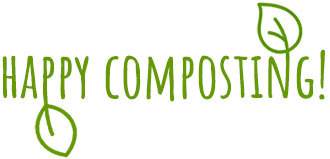

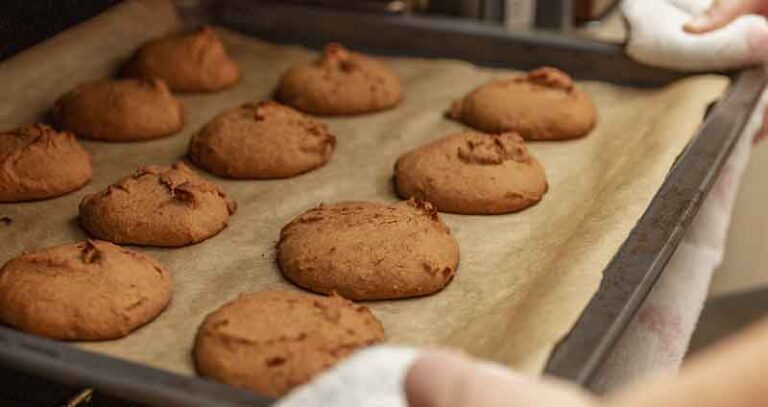
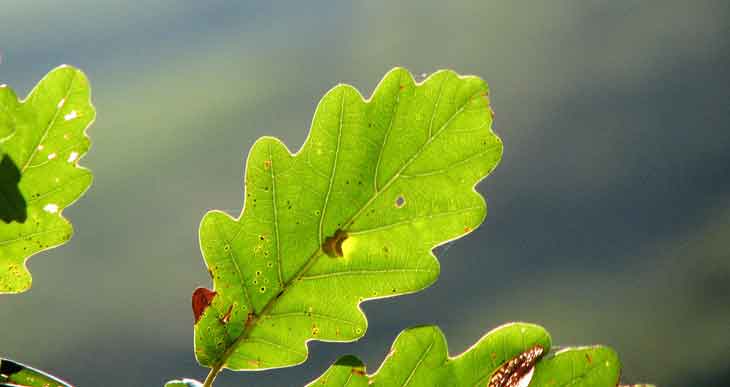
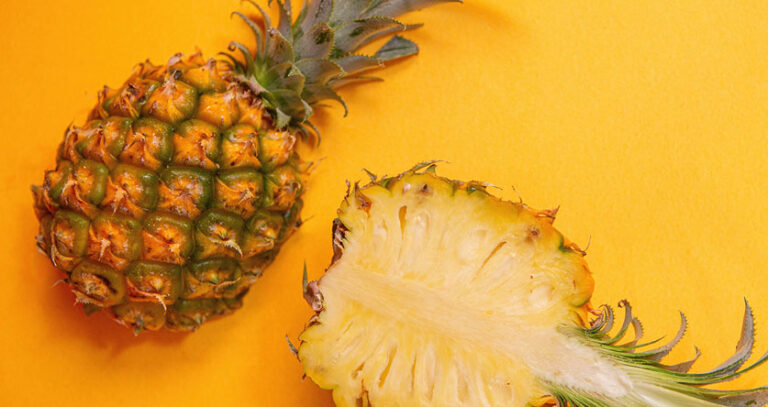
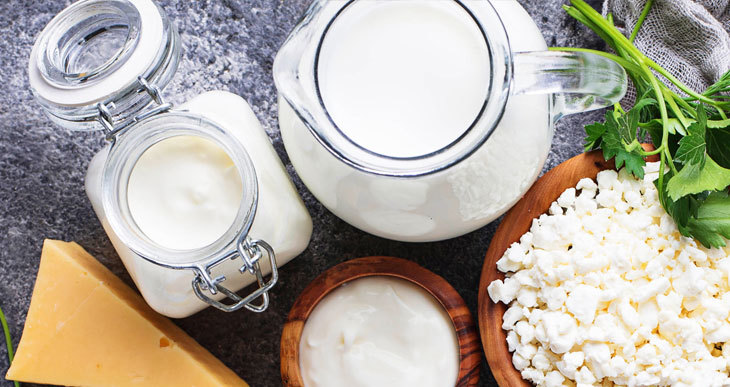
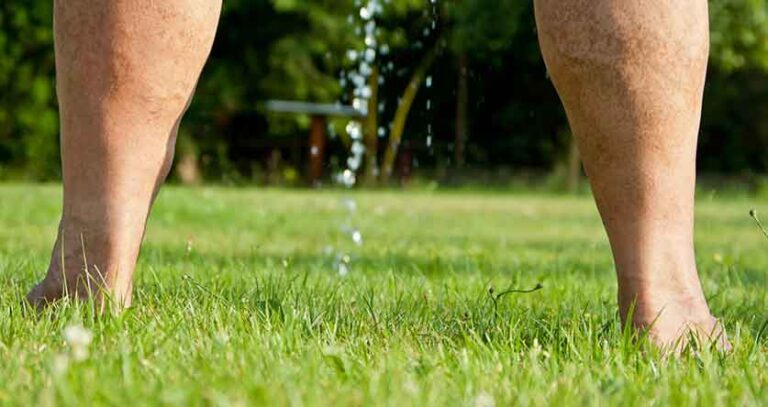
Can you compost dried lemongrass stalks and leaves?
Hi Crystal
Dried lemongrass stalks and leaves are great additions to your compost pile. They’re rich in carbon, which helps balance out the nitrogen-rich materials like kitchen scraps.
Just make sure to cut them up into smaller pieces before adding them to your compost to speed up the decomposition process…